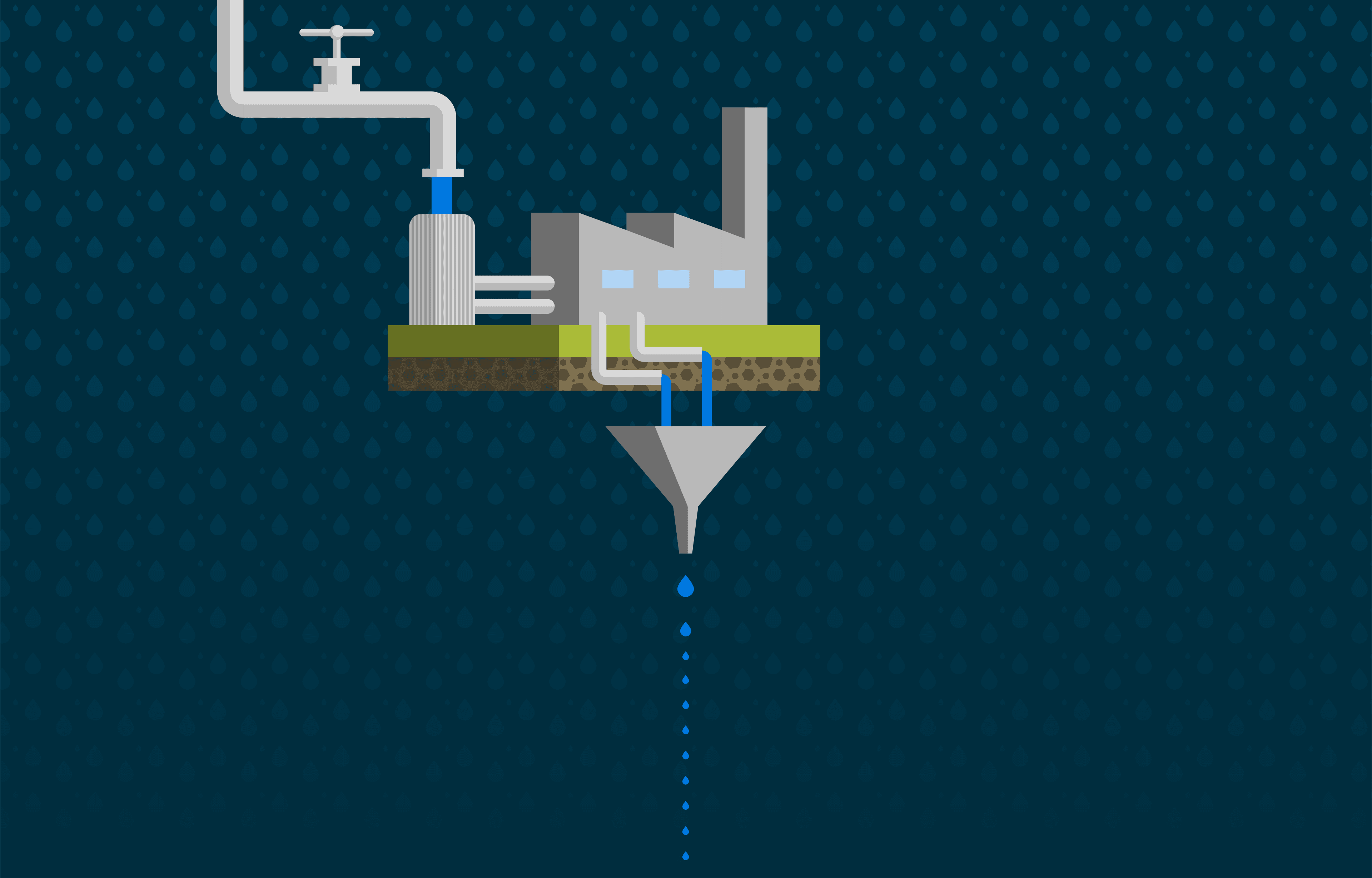
Knowledge about sustainable production
Podcast: ReUse - Use the wastewater
Many manufacturing companies use water in their processes. A lot of water. In this podcast from 2024, the Danish Technological Institute and Viegand Maagøe look at solutions to recover and reuse process and wastewater from large Danish manufacturing companies.
